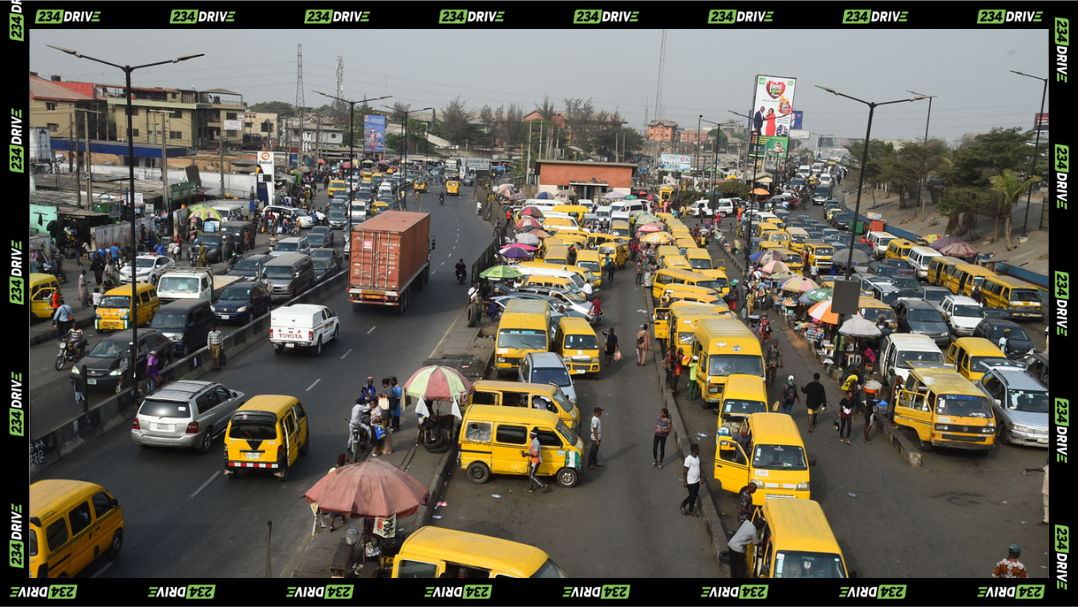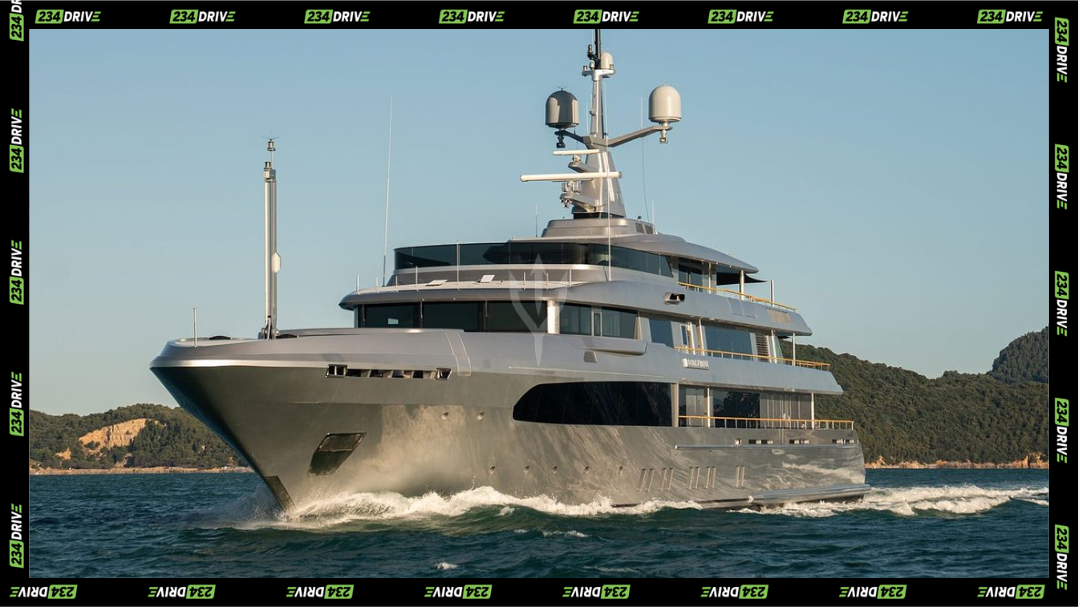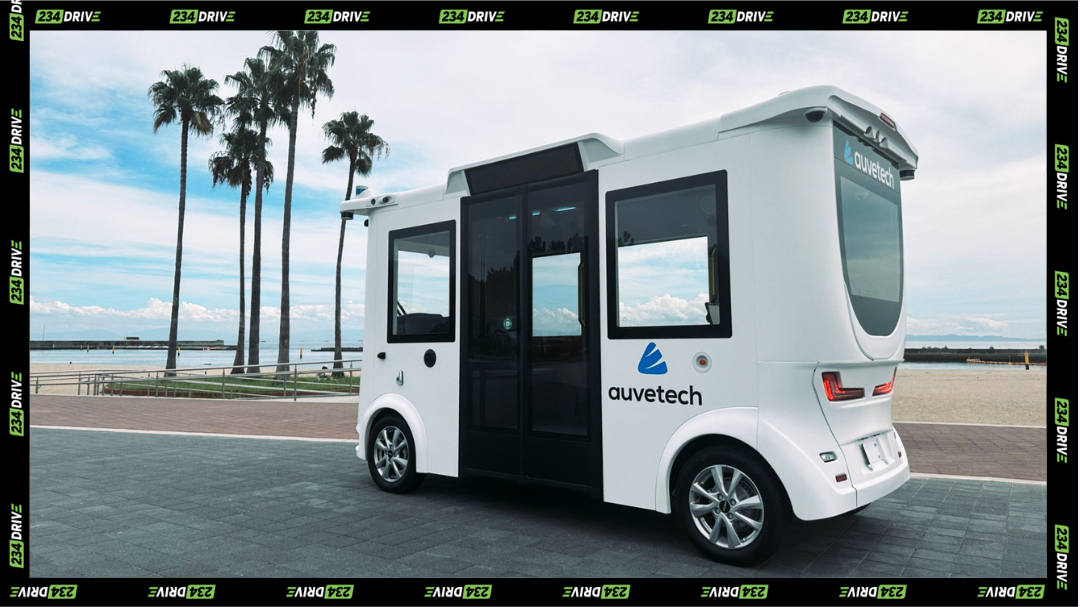The Lagos Lagoon roared to life between October 3 and 5, 2025, as the E1 Lagos Grand Prix marked a historic first for Africa — the continent’s debut all-electric powerboat race. Presented by FirstBank, the event fused technology, sustainability, and African pride, positioning Lagos at the forefront of global clean mobility. The race was part of the UIM E1 World Championship’s second season and placed Nigeria among an elite list of host cities that includes Monaco, Jeddah, and Doha.

Team Brazil, owned by Marcelo Claure, claimed victory after a thrilling showdown on the Lagos Lagoon. Pilots Timmy Hansen and Ieva Millere-Hagin steered through unpredictable weather, conquering rain and strong currents to secure first place ahead of Virat Kohli’s Team Blue Rising and Didier Drogba’s Team Global Africa. Hansen’s commanding performance earned him the PIF Pilot of the Race award. The win solidified Team Brazil’s reputation as a dominant force and underlined the E1 Series’ blend of talent, innovation, and precision engineering.
The competition featured nine celebrity-owned teams, including Team Brady (Tom Brady), Team Rafa (Rafael Nadal), Team Drogba (Didier Drogba), Westbrook Racing (Will Smith), Aoki Racing (Steve Aoki), Team Blue Rising (Virat Kohli), Team Miami (Marc Anthony), and Team AlUla (LeBron James). Their involvement brought global visibility and helped attract an audience far beyond traditional motorsport fans.
The race’s centrepiece was the RaceBird — an electric hydrofoiling powerboat designed by Sophi Horne of SeaBird Technologies. Powered by a 200-horsepower electric motor and a 35-kWh Kreisel Electric battery, each RaceBird reached speeds of up to 93 km/h while gliding across SmartMarks, electronic buoys that minimise seabed disturbance. The series was founded in 2020 by Alejandro Agag and Rodi Basso, extending electric competition from land to water, inspired by Formula E and Extreme E. Supported by Saudi Arabia’s Public Investment Fund, the E1 Series promotes renewable energy, marine conservation, and coastal regeneration.

For Lagos, the Grand Prix was not just about racing; it was a showcase of how innovation can meet environmental stewardship. Spectators gathered along the Marina and Civic Centre waterfronts to witness the futuristic boats glide across the lagoon. The atmosphere mixed sport with celebration — Nigerian music, art, and fashion fused with global entertainment, turning the event into a cultural festival. Corporate partners like Guinness and Singleton added local flair through immersive showcases, while FirstBank anchored the event as part of its mission to connect sport, national identity, and opportunity.
Governor Babajide Sanwo-Olu’s active involvement gave the event both legitimacy and momentum. He attended multiple sessions, interacted with teams, and personally presented the winners’ trophy during the grand finale. His public statement, shared on Instagram, read: “Congratulations to Team Brazil, and to Timmy Hansen and Leva Millere-Hagin, for a well-deserved victory after an exciting weekend of racing on Lagos Lagoon.” The Governor used the platform to highlight Lagos’ ambition to lead in innovation, sustainability, and global tourism. Commissioner Gbenga Omotoso echoed this sentiment, describing the race as proof that Lagos’ blue economy strategy — linking clean transport to economic growth — is becoming reality.

Economic analysts estimated the event generated up to $100 million in impact, driven by hotel occupancy, tourism spending, and international sponsorships. Hotels across Victoria Island and Ikoyi recorded full bookings, while local vendors and artisans benefited from the weekend-long activities. For many Lagosians, the race symbolised more than an event; it represented a new chapter in how the city presents itself to the world.
Hosting the E1 Grand Prix elevated Lagos into the global conversation on sustainable mobility. It also marked Africa’s formal entry into a championship that merges engineering excellence with environmental advocacy. Previous E1 rounds in Jeddah and Venice showcased Europe and the Middle East’s progress in electric marine racing, but Lagos demonstrated that African cities can match — and even redefine — what sustainability-driven events look like. The use of over 95% locally sourced materials and youth outreach programs on marine awareness reinforced the inclusive nature of the initiative.
E1 CEO Rodi Basso described the Lagos race as “a historic moment for African motorsport,” praising the seamless collaboration between the Lagos State Government, private sponsors, and local communities. The event also aligned with Lagos’ environmental goals to reduce carbon emissions, promote coastal regeneration, and expand its maritime economy.
Beyond the technical triumphs, the Lagos GP amplified Nigeria’s cultural energy. The waterfront turned into a melting pot of sport, music, and innovation, attracting international attention. Guinness and Singleton infused cultural vibrancy into the event, showcasing local creativity alongside world-class production. FirstBank’s involvement underscored its role as a catalyst for growth, reflecting its support for projects that drive empowerment and sustainability.
The event also symbolised a shift in narrative — Lagos wasn’t just hosting a race; it was telling a story about what the future of Africa can look like. Electric boats replacing petrol engines, clean energy driving commerce, and global icons celebrating on African waters — these were images that resonated far beyond the city.

As the wake of the E1 Grand Prix settles, Lagos shows no signs of slowing down. The city’s expanding waterfront, creative sector, and policy focus on innovation position it as a future hub for clean-tech sport. Discussions are already underway to bring other electric competitions — from e-karting to e-motocross — to Nigeria’s commercial capital. If momentum continues, Lagos could emerge as Africa’s Monaco — a coastal hub where technology, sustainability, and adrenaline coexist.
The E1 Lagos GP was more than a motorsport event. It was a declaration that Africa is ready to lead in the global transition to cleaner, smarter, and more sustainable innovation.









